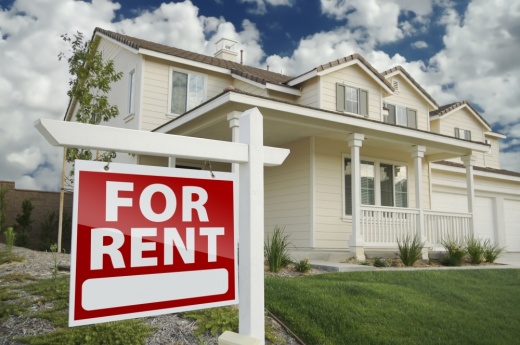The number of short-term rentals—properties available to rent for fewer than 30 days through online platforms, such as Airbnb and Vrbo—has increased in Plano in recent years, and many residents have been urging the city to pass regulations.
Plano City Council opted to table an ordinance that would have required registration and self-inspection for short-term rental properties during its Nov. 14 meeting. City Manager Mark Israelson said city staff is doing “some additional due diligence” before bringing another solution forward.
Specifically, Plano staff is researching more options for data collection as well as consulting with the city of Arlington, which passed an ordinance in 2019 that requires a registration process and only permits short-term rental properties in nonresidential and mixed-use zoning districts.
“We are going to re-engage with Arlington and their staff to make sure that we fully understand their process and what the impacts are,” Israelson said. “The gathering of the data is obviously a key element to understanding a number of elements of short-term rentals. We’re going to look at the software and the third party provider that [Arlington’s] using, because we understand there’s multiple ways of accessing some of that information.”
Next steps
Lead Planner Melissa Kleineck added the city will consider appropriate locations and zoning districts for short-term rentals as well as hiring a consultant to assist with a public engagement process.
“The overarching goal of this project is to provide a means of regulating short-term rentals and to ensure health, safety and quality-of-life standards are preserved in city neighborhoods,” Kleineck said during a Nov. 21 planning and zoning commission meeting.
According to the Plano Police Department, more than half of the 105 calls for service so far this year related to short-term rentals have involved about 1% of listings.
Airbnb Public Policy Manager Jose Luis Briones said in a statement that Airbnb “supports reasonable regulations that address community concerns, protect property rights and preserve the benefits short-term rentals provide to residents and the broader state economy.”
Catherine Parker, marketing executive for the Plano branch of the Texas Neighborhood Coalition, said her organization was pleased the ordinance was tabled Nov. 14.
The Texas Neighborhood Coalition has chapters in 14 cities, and it assists with restricting and regulating short-term rentals in residential neighborhoods. Parker said a registration process alone would not be sufficient in regulating short-term rentals.
“We just did not think this was the right way to go,” Parker said. “Other studies have attempted to do data collection on a voluntary registration, and you just don’t get the data that you need. You don’t even know that you’ve gotten the data that you need. ... If passed, that ordinance would have potentially made all of the short-term rentals legal.”
Several other cities in the area have adopted regulations for short-term rentals—Frisco and Dallas both have registration processes in place, while Richardson’s registration program will go into effect Jan. 1.
But Parker said the TNC is hoping Plano adopts the Arlington model that “starts with hiring a third-party data collection company and ends with registration.” Arlington’s ordinance has also been held up in a 2021 court ruling. During its Oct. 10 meeting, council was advised that a total ban of short-term rentals in Plano could lead to a lawsuit against the city.
As the process continues, Parker is hopeful the city is on the same page.
“The neighborhoods are the bedrock of Plano, and we firmly believe that the city leaders think this, too,” Parker said. “Everybody wants to maintain the high quality of life that we have in Plano, so we’re confident that we can come to some resolution.”
The project could be finished as early as late spring 2023, according to Kleineck, but there is no specific timeline.





